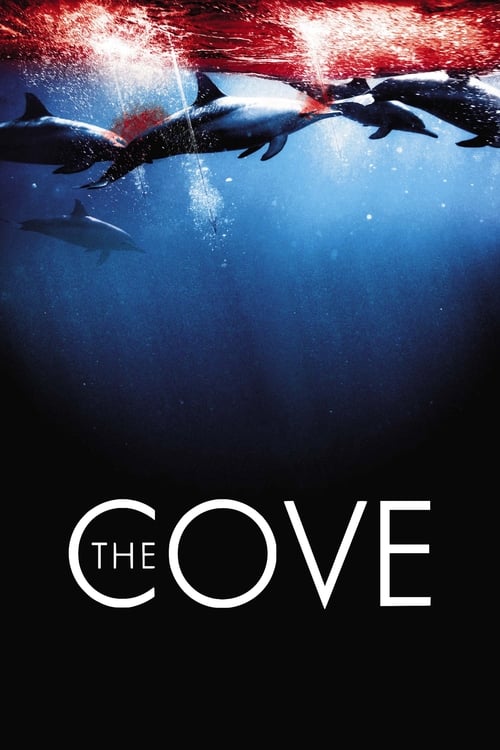
Title: The Cove
Year: 2009
Director: Louie Psihoyos
Writer: Mark Monroe
Cast: Hayden Panettiere (Self), Joe Chisholm (Self), Mandy-Rae Cruikshank (Self), Charles Hambleton (Self), Simon Hutchins (Self),
Runtime: 92 min.
Synopsis: The Cove tells the amazing true story of how an elite team of individuals, films makers and free divers embarked on a covert mission to penetrate the hidden cove in Japan, shining light on a dark and deadly secret. The shocking discoveries were only the tip of the iceberg.
Rating: 7.916/10